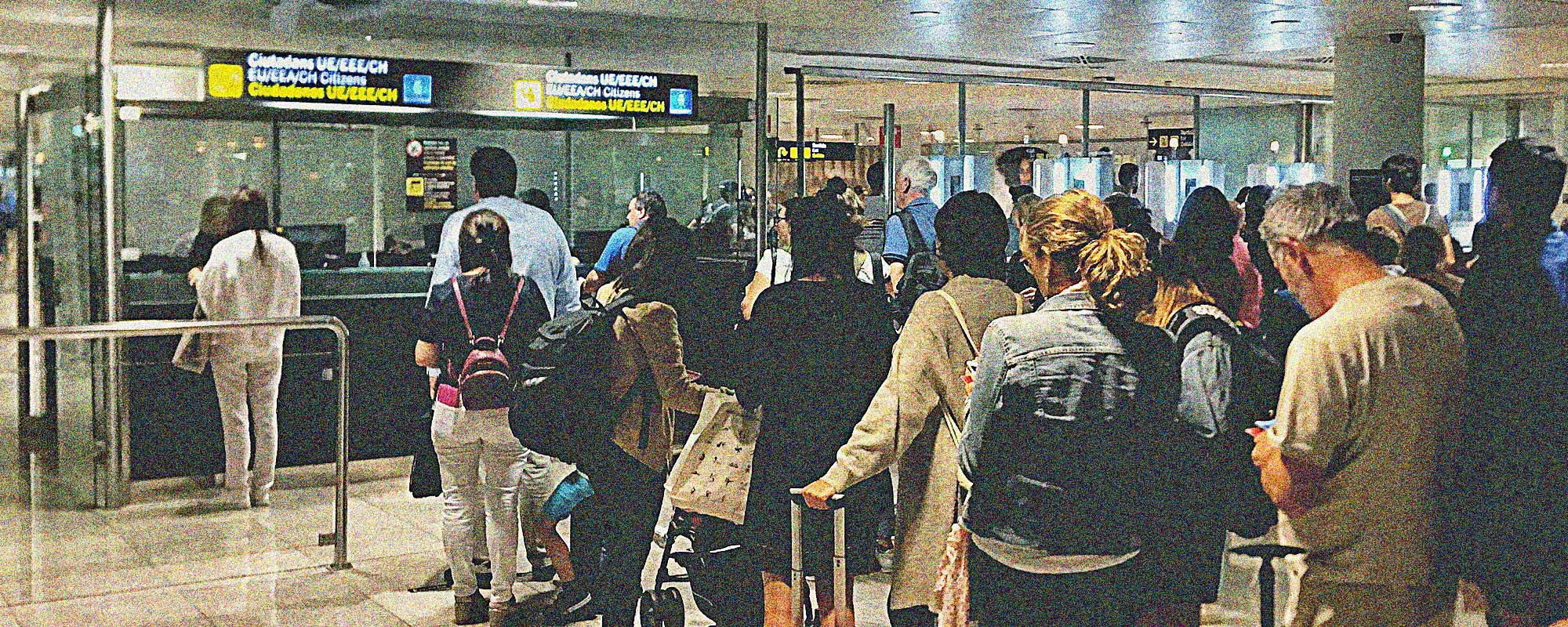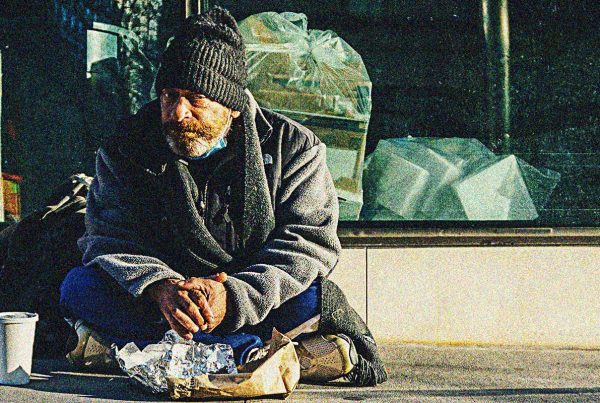TORONTO — Harini Sivalingam, Lawyer and Director of the Equality Program at the Canadian Civil Liberties Association (CCLA) made the following statement following the Supreme Court of Canada’s decision on the Safe Third Country Agreement (Canadian Council for Refugees, et al. v. Minister of Citizenship and Immigration, et al.)
Today the Supreme Court of Canada (SCC) rendered its decision on the constitutionality of the Safe Third County Agreement (“STCA”), a bilateral agreement signed between the Canadian and US governments that designates each country as a “safe country” for refugees. CCLA is an intervener in the case to ensure meaningful access to justice for those who pursue Charter claims for systemic rights violations.
The CCLA is disappointed in the s 7 determination, given the lack of general availability of the safeguards that the SCC relies in its decision and the impact this will have on vulnerable refugees.
The CCLA welcomes the SCC decision to ensure the proper adjudication of the s 15 equality issues prevalent in this case and generally recognizing the importance of equality rights which should not be treated as secondary issues in Charter rights claims.
While the SCC did not find that the STCA violates s 7, the ruling does highlight the devastating impact the STCA has on vulnerable refugees seeking asylum in Canada who arrive via the US land border and the risks they face if returned to the US.
The SCC found that the Federal Courts’ lack of analysis of s 15 equality claims warrants sending the matter back to the Federal Court for further determination. The lower courts had failed to address pressing equality rights of vulnerable refugees with gender-based persecution claims.
For many refugees, in particular those who identify as women and are from the LGBTQIA+ communities, the US is not a safe country exposing them to risk of being placed in arbitrary detention and solitary confinement in the US and then being returned to a country where they face persecution, torture or death.
The STCA remains a significant barrier for many vulnerable refugees entering Canada seeking safety and protection from persecution. While the SCC found that there are Canadian mechanisms – “safety values” – that can be used to prevent refugees whose rights to liberty are in jeopardy in the United States from being returned, the CCLA is concerned by the lack of genuine availability of these protections for vulnerable refugees.
Maintaining the STCA in its current form will continue to have devastating impacts on fundamental rights of vulnerable refugees. We join civil society organizations in calling upon the Canadian government to withdraw from the STCA agreement to ensure the safety and dignity of all those who seek refuge in Canada.
We are currently reviewing the decision and will be available to provide more commentary at a later time.
CCLA is an intervenor in the case and is being represented pro bono by Jacqueline Swaisland and Jonathan Porter of Landings LLP, Prof. Efrat Arbel of UBC and Benjamin Liston of Legal Aid Ontario’s Refugee Law Office.
-30-
About the Canadian Civil Liberties Association
The CCLA is an independent, non-profit organization with supporters from across the country. Founded in 1964, the CCLA is a national human rights organization committed to defending the rights, dignity, safety, and freedoms of all people in Canada.
Media Contact:
media@ccla.org
Alex Nanoff – 613.709.6318
About the Canadian Civil Liberties Association
The CCLA is an independent, non-profit organization with supporters from across the country. Founded in 1964, the CCLA is a national human rights organization committed to defending the rights, dignity, safety, and freedoms of all people in Canada.
For the Media
For further comments, please contact us at media@ccla.org.





